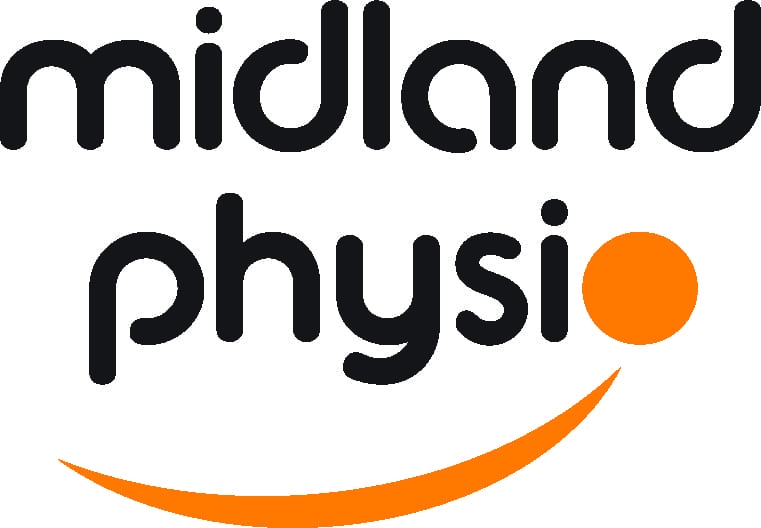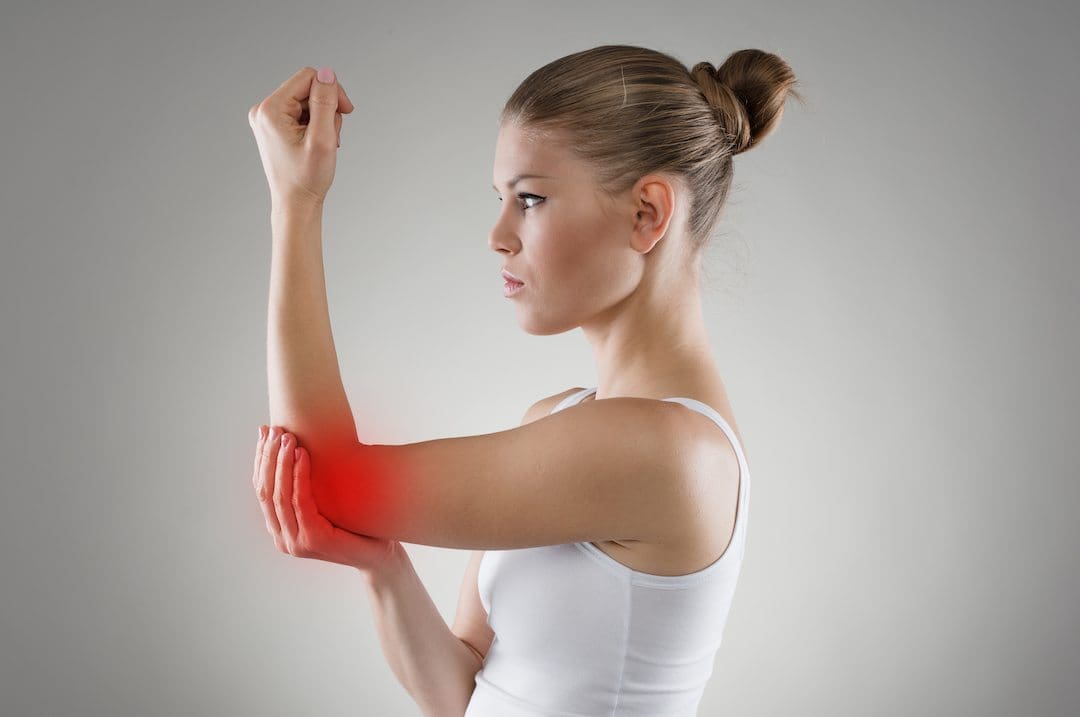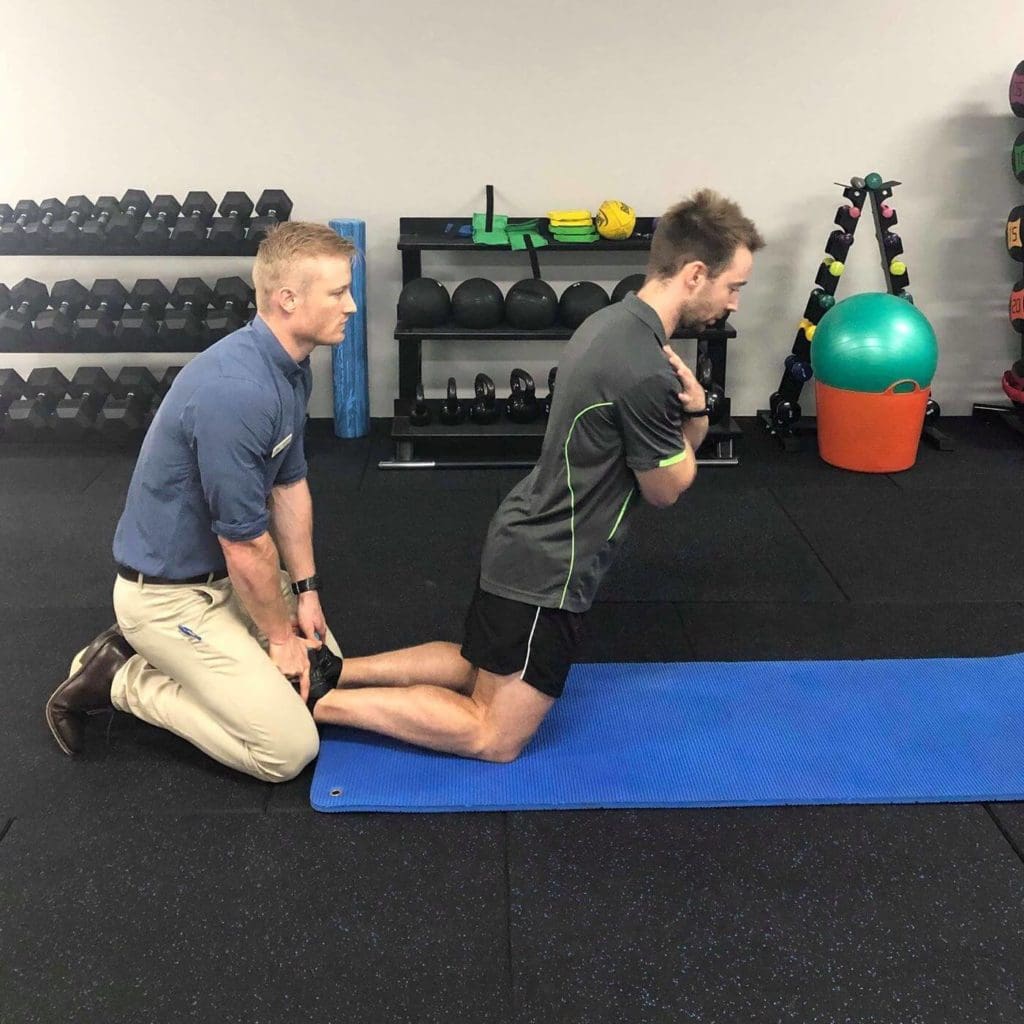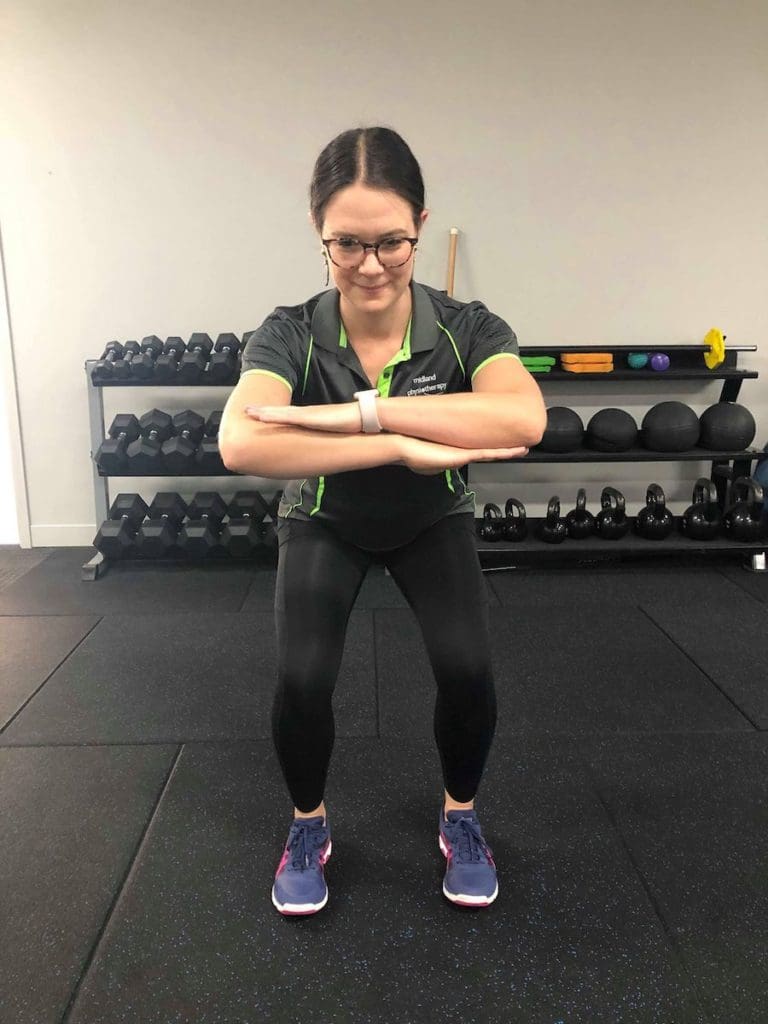“I really should not be doing strenuous exercise at my age”
“It’s just arthritis, there is nothing I can do about it”
“I have had this pain for years, it is too late to do anything about it”
I have been a physio for 20 years. I hear these comments almost daily and I find them sad and frustrating as they are incorrect!
Strenuous exercise is great for you when you are have worked up to it. The old saying applies “use it or lose it”. I am inspired by my grandmum who lived until 96 years and was “well aged”. She lived in a 3-storey house, with steep 10 steps down to the kitchen, another steep 10 stairs to the bathroom and further 4 to her bedroom. I believe these kept her strong. I see many people who can’t kneel or get onto the floor. I am reassured by others who are 80 years and sit comfortably cross legged on the floor. It is so important to keep our bodies strong and moving.
Many people incorrectly think that exercise will damage their injury or arthritis. They avoid activity and are over-cautious. This actually makes them lose flexibility and strength.
Research tells us that:
- If you have poor strength you are 15-20% times more likely to die from any cause (all-cause mortality) eg stroke, diabetes, heart disease
- Weaker people have been shown to be more likely to be dependent upon other people for daily living
- Bone density is maintained with heavy intensity weight-bearing exercise. If your bones get weaker you are at risk of fracture. If you are busy protecting your painful body you will miss out on the strengthening needed for strong bones.
Exercising when you have pain will improve your flexibility, strength and will help to build sufficient strength for a healthy and purposeful life.
“It’s just arthritis”
Many aches and pains that we put up with as “just arthritis” or “old age” respond really well to simple treatments and exercise. For example, your foot pain is not necessarily arthritis. Often, by the time your physio has freed up tightness in your calf muscles and helped you to strengthen your foot and leg muscles your “arthritis” pain disappears. Similarly, your “arthritic back” which stops you spending as long in the garden as you want or dancing on the dance floor, is often simply weakness which goes away with strengthening exercises and by staying active.
Did you know that scans don’t tell the whole story. If 100 people with no knee pain went for an MRI, what percentage of people do you think would have damage in their knee? 5%? 20%?
- 97% of people WITH NO KNEE PAIN will have abnormal findings on a scan (eg meniscal tears, cartilage and bone marrow damage, tendonitis and ligament damage). Surprising right! Similar findings have seen for lower back pain and hip pain.
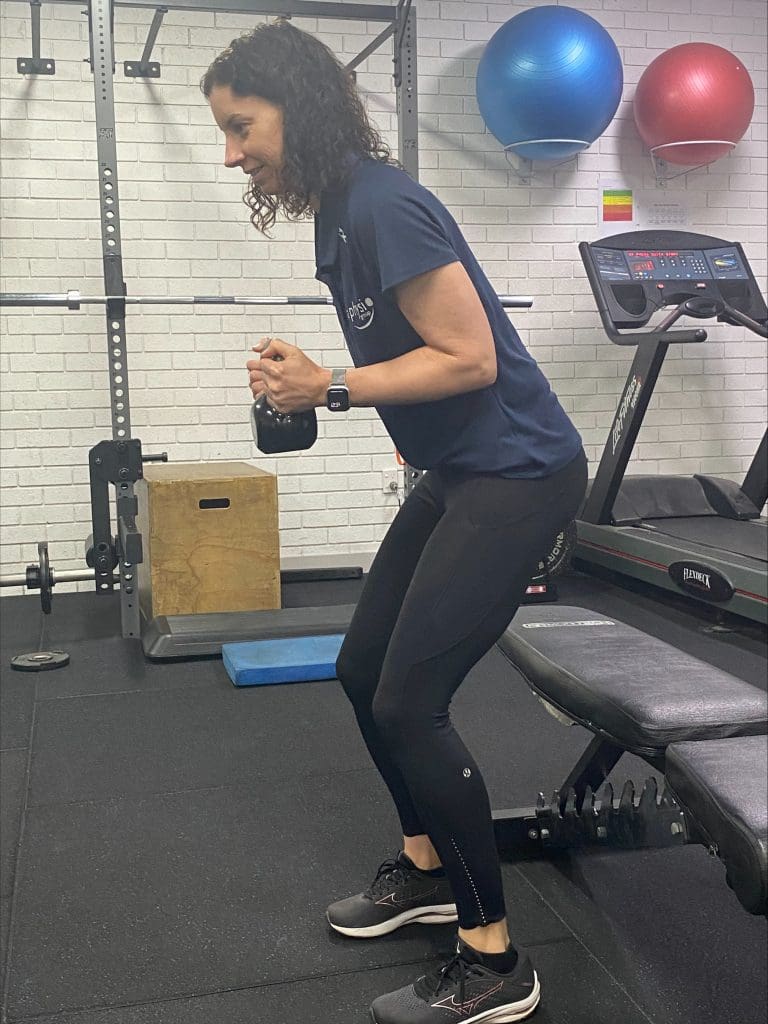
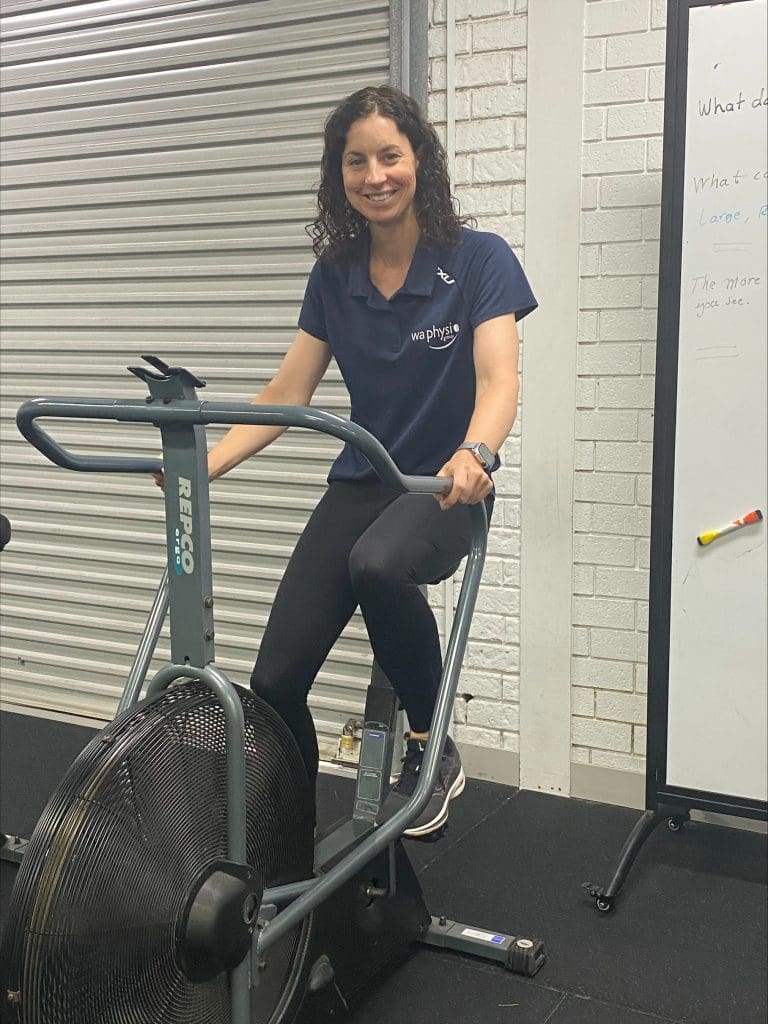
Your physiotherapist is skilled at diagnosing your pain and helping you to know if the findings on your scan may or may not be relevant. Imagine if you have given up your favourite activity because you have damage on a scan? You would be missing out needlessly!
“I have had this pain for years, it is too late to do anything about it”
The length of time that you have had your pain does not mean that it will not improve. Our brain uses PAIN to protect us, but sometimes it can be over-protective – for years! Did you know that a traumatic or stressful event at the time of an injury can be one reason for pain to continue, even after the injury has long healed?
I struggled with back pain for all of my 20s. I couldn’t sit comfortably and I couldn’t run or play sports. However, after 10 years with perseverance and a lot of learning I finally figured out my pain system. Now in my 40s and after 3 children, I no longer have back pain. I am up to running 5km regularly with my crazy Whippet Wally. This is more than I could do even as a teenager so I feel very lucky.
Physiotherapists are trained to get people moving. We understand the complexities of pain and we can help you unravel your pain. I hope this information was food for thought. If you or your friends and loved ones have been putting up with pain, or are tolerating injury or aches and pains without having seen a physiotherapist please book in for an assessment.
The management of your pain may be simpler than you think and may provide more relief than you can imagine.

The practice-changing principles of strength and conditioning for physios, Dr Claire Minshull, Physio Network
MRI findings of 104 hips of asymptomatic adults: from non-runners to ultra-distance runners – Horga et al (2021), BMJ Open Sport and Exercise Medicine
Associations of Muscle Mass and Strength with All-Cause Mortality among US Older Adults, Li et al, 2018, Med Sci Sports Exerc
Prevalence of abnormal findings in 230 knees of asymptomatic adults using 3.0 T MRI, Horga et al, Skeletal Radiol. 2020 Jul
Muscle mass, strength, and physical performance predicting activities of daily living: a meta-analysis. Wang et al (2020) Journal of Cachexia Sarcopenia and Muscle: 11: 3-25

Susan Kingston
Senior Physiotherapist & Pilates Instructor
BIOGRAPHY
Susan worked for 4 years in public hospitals in musculoskeletal outpatients and orthopaedic wards, before moving to private practice in 2008. Susan has a broad range of experience treating musculoskeletal and sporting conditions. She is passionate about helping her clients to find long term solutions to pain and injury using the latest evidence-based treatment and exercise techniques. Her treatments combine manual therapy, soft tissue work, acupuncture, and individualised exercise programs including clinical pilates.
Outside of work, Susan is a busy mum of 3 beautiful children. She loves the outdoors, keeping fit and coffee catch ups!
SPECIAL INTERESTS
Managing low back, pelvic and hip pain
Managing neck and shoulder pain
